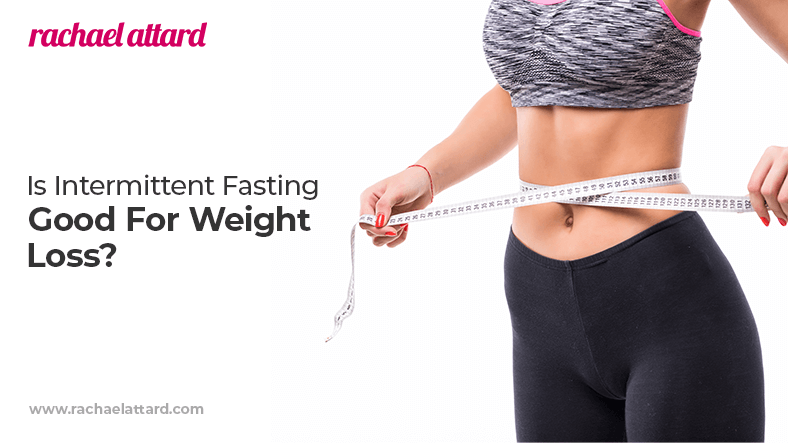
Many people have questions about obesity. While "gland conditions" aren't the root cause of obesity, they might be contributing to it. Overeating, stress, and genetics could all be causes. A person with an eating disorder could be at higher risk for becoming obese. This article will cover all these issues and how they impact your health. This article was created to help you understand the subject of obesity.
Overeating
Overeating has many adverse effects, including increased stomach sizes and sluggishness. Being overweight can increase your risk of developing cancer or other chronic health issues. It can also disrupt your sleep. Additionally, eating large meals can cause health problems and damage to your organs. There are options that can help you lose weight. These tips can help you prevent obesity.

Insulin resistance
Insulin resistance is another common problem associated with obesity. Insulin resistance can be defined as a condition that prevents your body from properly utilizing glucose from your blood. Exceed glucose is converted into fat acids, which are immediate precursors to the formation of fat. In response to insulin, the liver increases production of fatty acids and subsequently becomes resistant to the hormone. A higher fasting blood glucose level, which leads to increased levels of baseline insulin, can also be caused by insulin resistance. This leads to unhealthy levels of calorie intake, and fat storage in your liver.
Genetics
While obesity is most often blamed on genes, genetics are not the cause. Although genetics are a factor in our weight, it is possible to reverse this tendency by watching celebrities. Although it is not clear if genetics are a factor in obesity, many factors may be. These are the main factors you need to be aware of. Genetics plays a role in obesity and weight gain.
Stress
The body's stress response is what causes weight gain. The stress response puts the body into a "fight-or-flight" mode, with the release of adrenaline and glucose to deal with the perceived threat. When adrenaline wears off, cortisol, another stress hormone, jumps in to provide energy storage. Stress is a leading cause of obesity in both men and women.
Physical inactivity
Large amounts of observational research have shown that higher levels of physical activity are associated with lower rates chronic diseases. Also, physical inactivity is a major contributor to reduced life expectancy. Physical activity burns calories and is a critical component of the energy balance, a concept that is important for understanding obesity and its pathogenesis and treatment. A moderate increase of physical activity can greatly improve one's overall health and decrease the likelihood of developing diabetes, heart disease and cancer.

Environment
While environmental factors might play a role in obesity, the mechanism behind it is not clear. Black JL, Macinko J and Macinko J have both suggested that there may be a combination factor, such as diet and physical exercise, that could explain why we are so overweight. The global climate crisis may also be caused by rising obesity rates. Nevertheless, addressing the problem may benefit both human health and the environment. Carbon dioxide is a greenhouse gas produced by humans. The amount of carbon dioxide you emit is dependent on your metabolic rate, body size, and number of people living in the society.
FAQ
What's the difference between intermittent fasting versus calorie restriction
Calorie restriction is when you eat less than your body needs. Intermittentfasting is different as it doesn’t require you to restrict your calories. Intermittent fasting focuses more on eating fewer calories every day.
Intermittent fasting can be more effective as it allows you to eat the foods you love and not feel guilty.
Both methods have their advantages and disadvantages. You will need to decide which method is best for you.
How long should I fast intermittently to lose weight
The answer isn't as easy as it seems. A number of factors need to be considered when determining how many days of fasting are needed for optimal fat loss. These are:
-
Your age. For example, if you're young (under 40), intermittent fasting may be too difficult for you because you have less time to recover from each day's fast. However, intermittent fasting may be too difficult for older people (over 60) who might not have the energy to continue a long period of daily fasting.
-
Your current body composition. Your current body composition. If you have a lot more muscle mass than you need, then you will likely be more successful with longer fasting periods. If you don't have a lot of muscle mass, shorter fasting periods may be more suitable.
-
How physically active. Regular exercise may mean that your fasting window needs to be extended to allow you to get sufficient rest between sessions.
-
Your health history. Extra fasting may be necessary for people who have heart disease, diabetes, cancer, or other medical conditions.
-
How can you manage stress? Stress can cause us to eat more. You may need to extend your fasting times in order to avoid this problem.
-
It is the type of diet you are following. Certain diets, like ketogenic diets, may require even longer fasting periods.
-
How much sleep you get. The quality of your sleep is also a factor in increased appetite and decreased metabolism. Therefore, it may take some experimentation before determining what works best for you.
-
How much protein you eat. Protein helps stabilize blood sugar levels, which means that eating more protein could potentially lead to lower insulin levels. This would allow for you to fast more often.
-
Individuals who are trying lose or gain weight will require longer fasting times than those who are trying.
-
How many calories do you consume in your fasting windows? You may lose more weight if you eat fewer calories each day than if you eat more.
-
Your overall fitness. Faster people are more likely to be fit, and burn more calories during the day.
-
Your gender. Men are more hungry than women so they may have to fast for longer periods. Women are more likely to have smaller appetites and may need to fast only 20-30 minutes every day.
-
Your lifestyle. Do you exercise a lot? Do you workout several times each week? Is your job a long, sedentary one? These factors can impact how fast you should be moving.
-
What amount do you spend on food each month? Not all healthy food means you need to spend a lot more on groceries. You can save money by buying whole grains instead of white bread, fruits instead of candy bars, and lean meats instead of fatty cuts.
-
How important it can be to control your appetite. Fasting may not be necessary if you don't want skip meals.
How can busy people lose fat?
To lose weight, eat less and do more exercise.
You will gain weight if your eat too much. You will also gain weight if your exercise is not enough. If you combine these two simple behaviors, you can lose weight.
Statistics
- One study in 9 active men found that HIIT burned 25–30% more calories per minute than other types of exercises, including weight training, cycling, and running on a treadmill (18Trusted Source (healthline.com)
- According to Harvard Health, it's estimated that a 155-pound (70-kg) person burns roughly 112 calories per 30 minutes of weight training (5). (healthline.com)
- Among women, the increase in metabolic rate was nearly 4%, or 50 more calories per day (14Trusted Source (healthline.com)
- Another study found that 24 weeks of weight training led to a 9% increase in metabolic rate among men, which equated to burning approximately 140 more calories per day. (healthline.com)
External Links
How To
How to lose weight quickly
There are many quick ways to lose weight. They are often ineffective and non-sustainable, however. Dieting and exercising are the best ways to lose weight quickly. Eat fewer calories daily than what you burn. This means you should consume fewer calories each day than what your body burns during daily activities. You must decrease your calorie intake if you want to lose weight quickly.
Because they can increase your appetite, you should avoid eating foods with high amounts of sugar and fat. Aim to drink plenty water each day. This helps you stay hydrated and boosts your metabolism. These three ingredients can be combined to produce faster results than you could ever imagine.